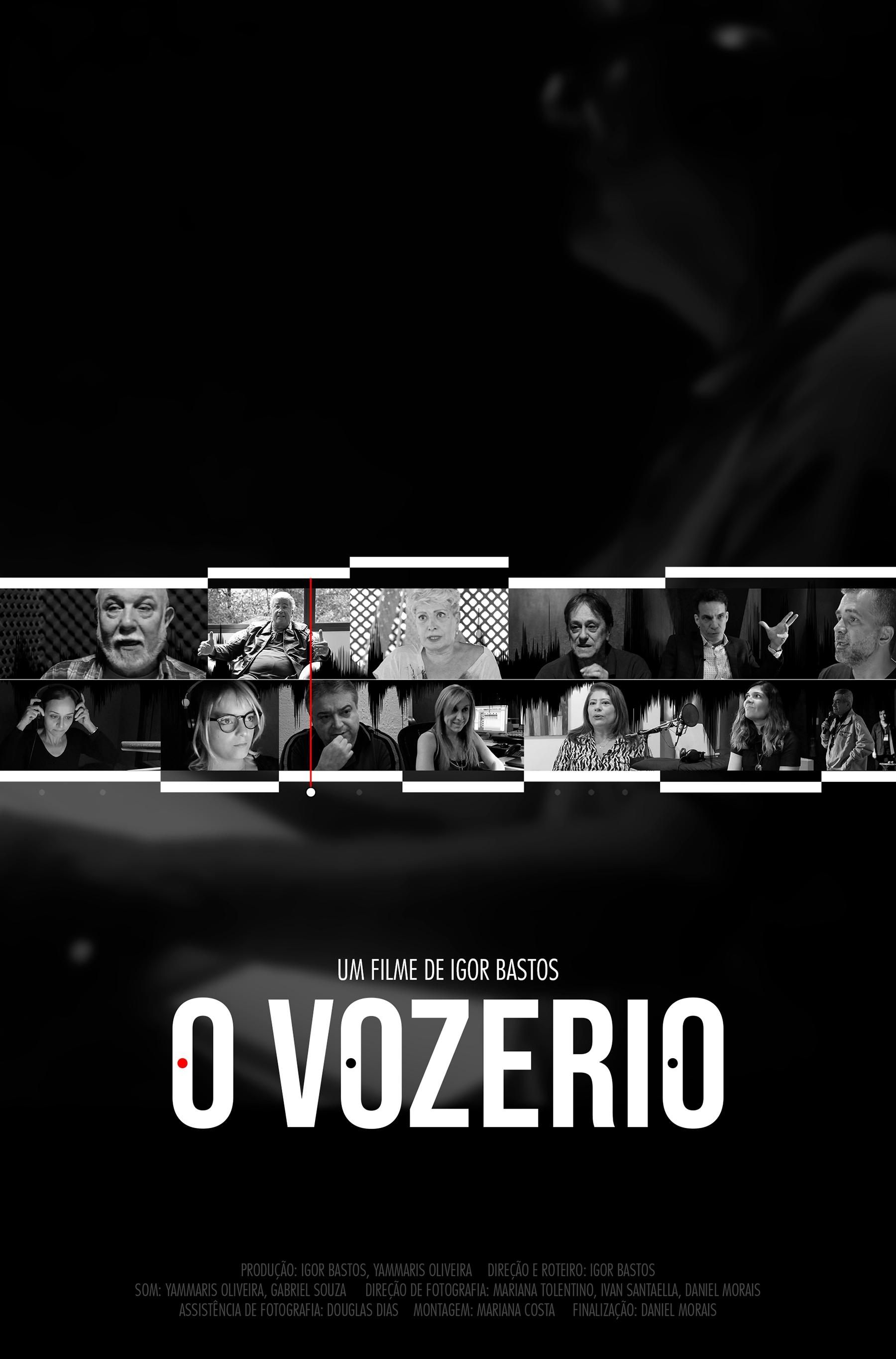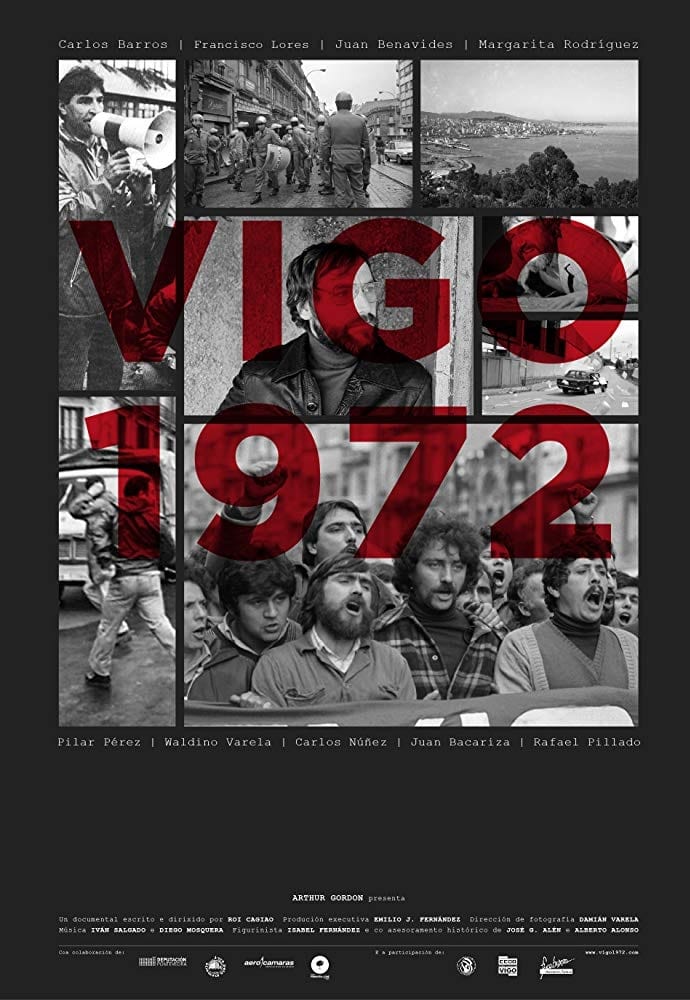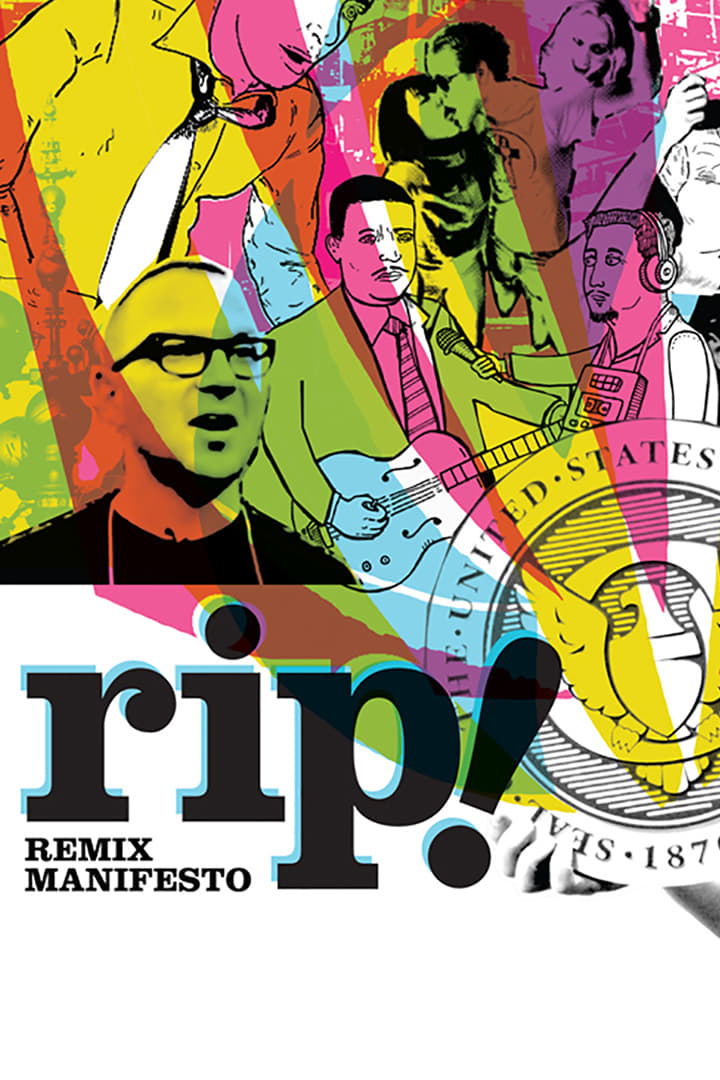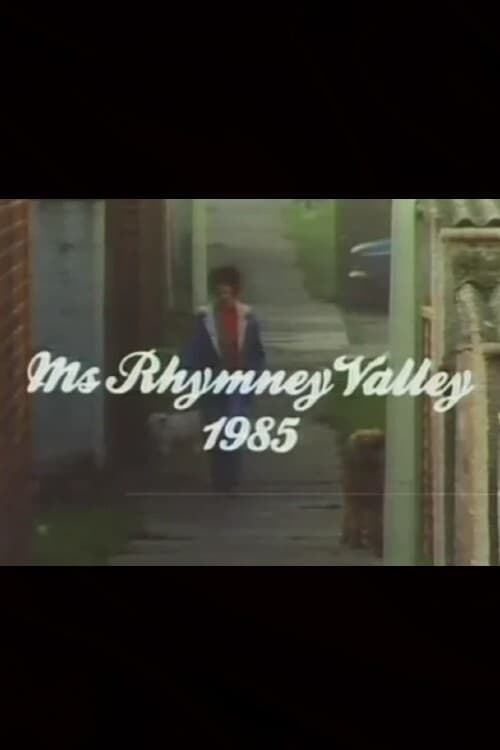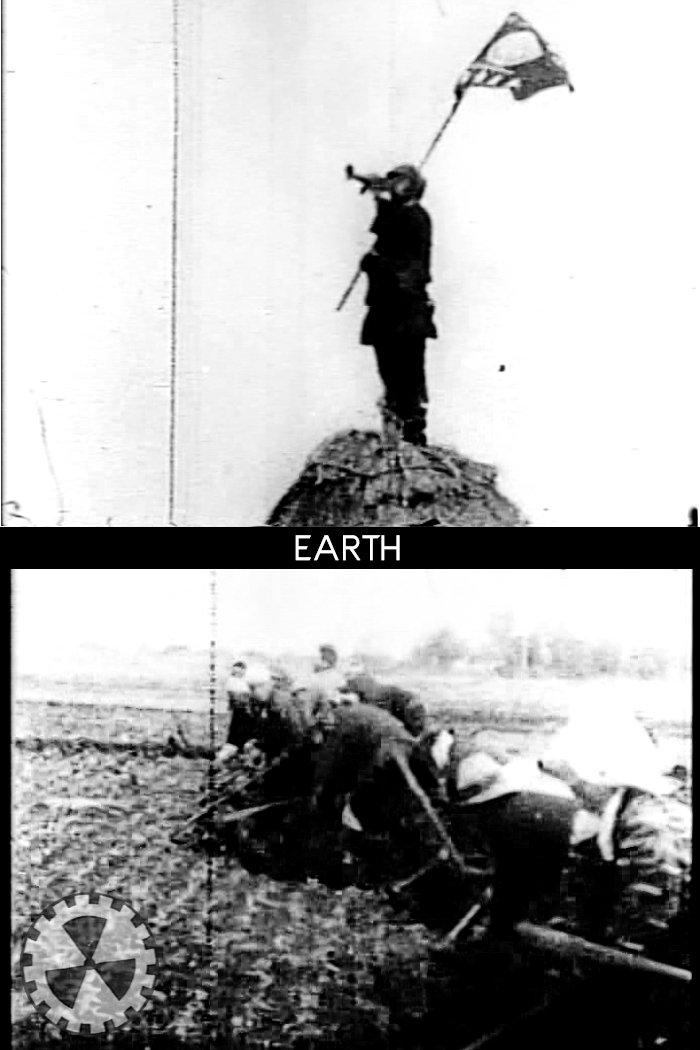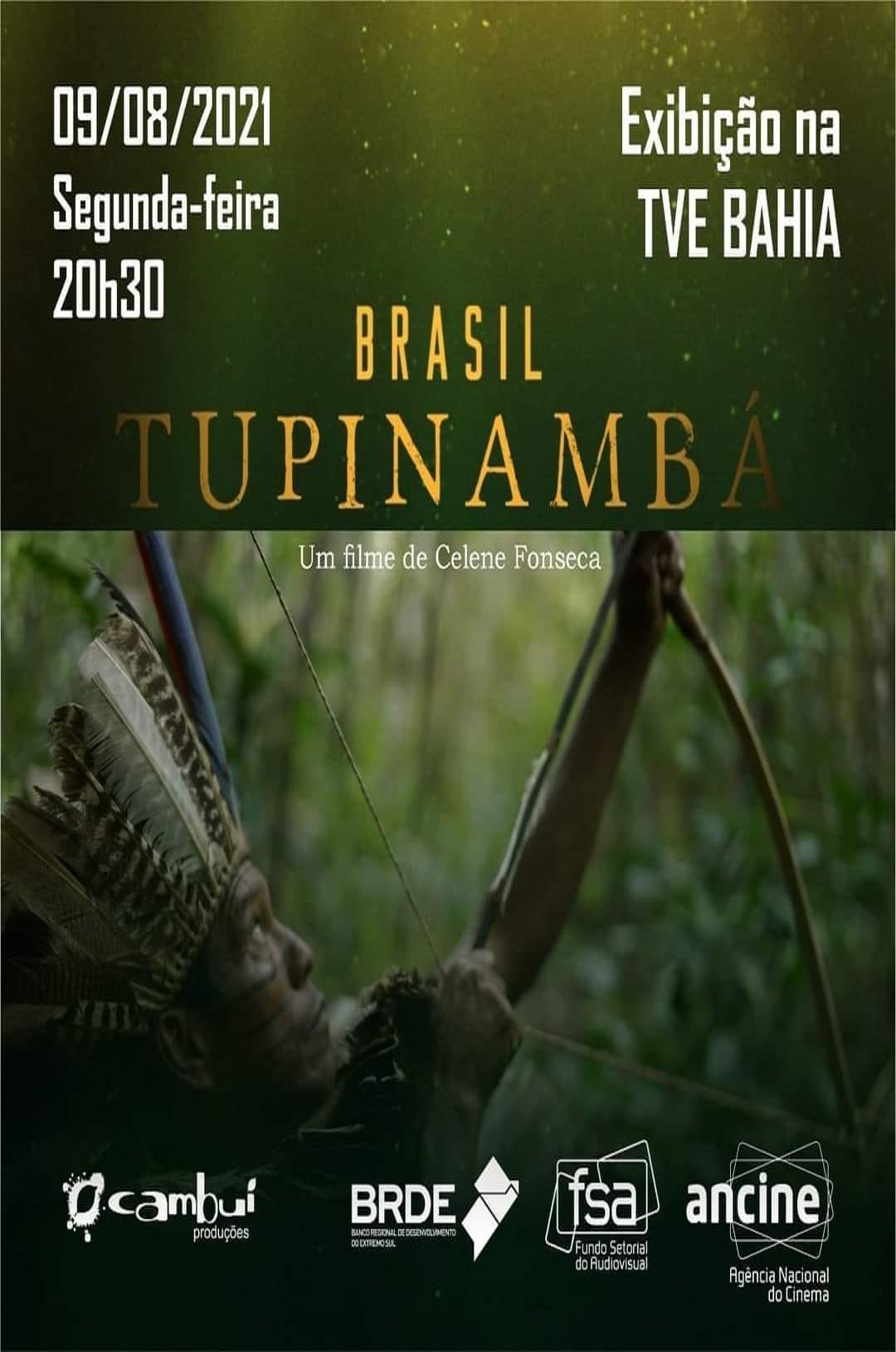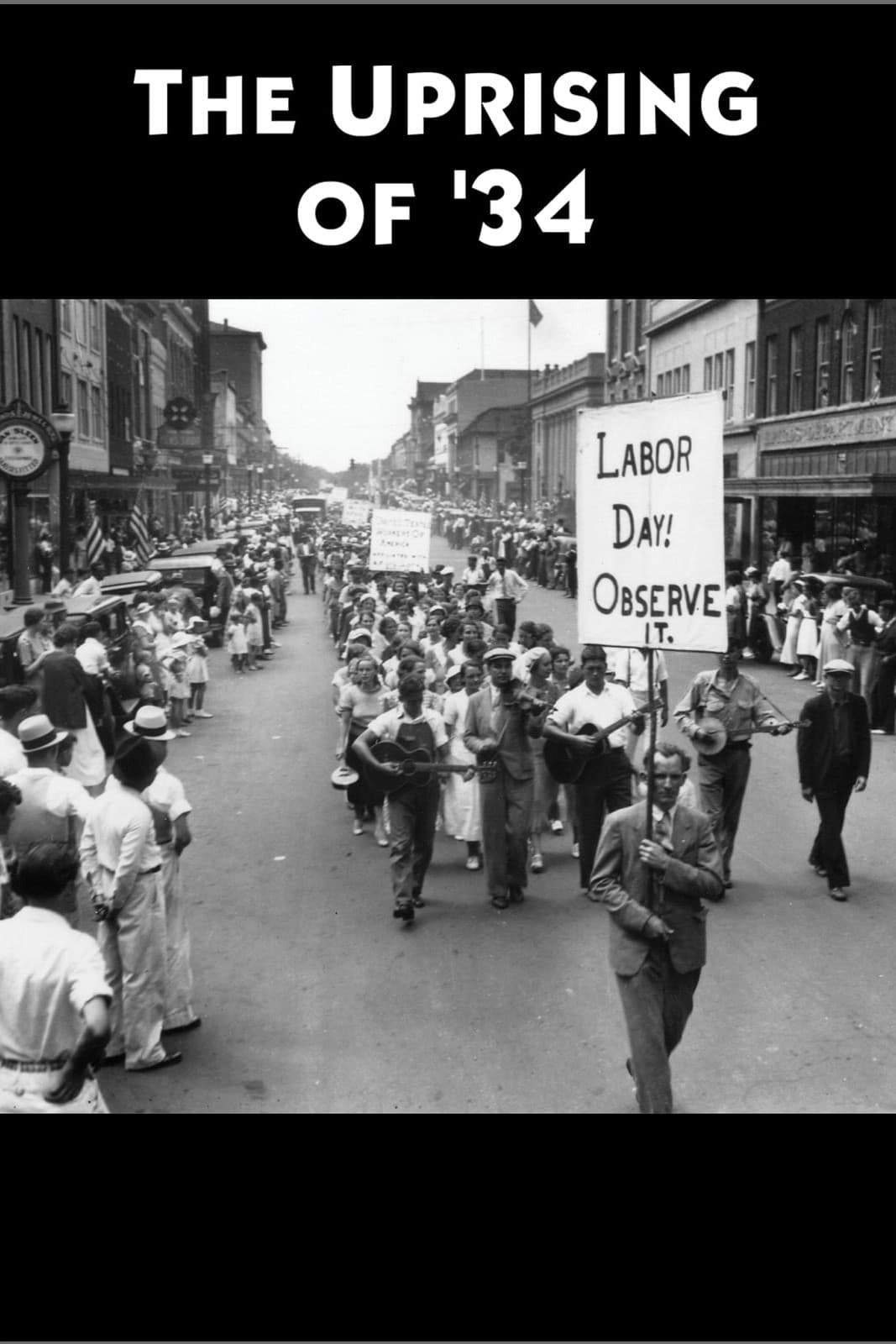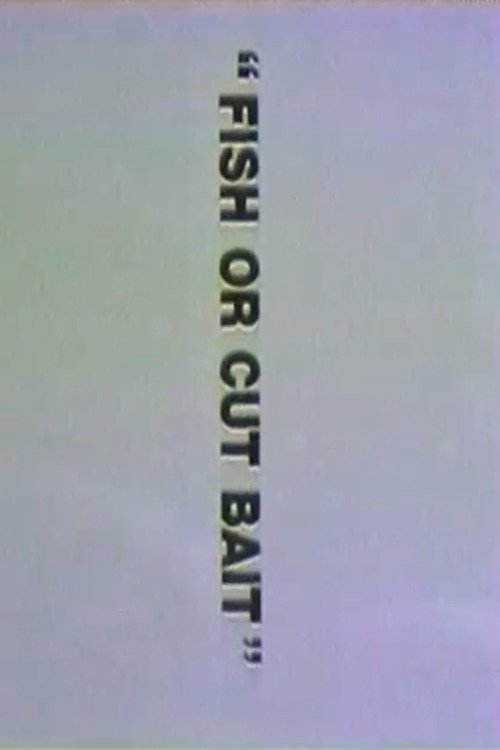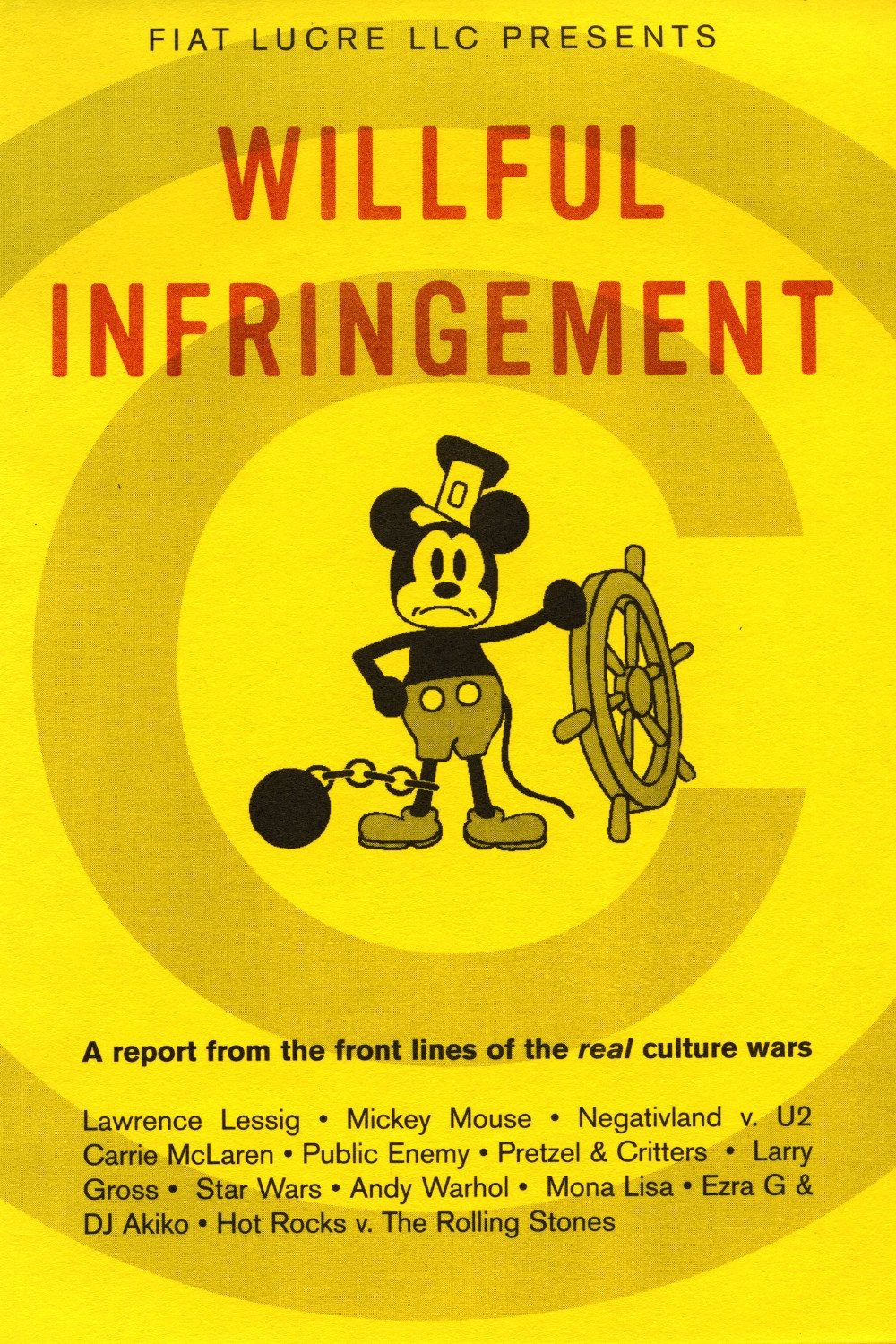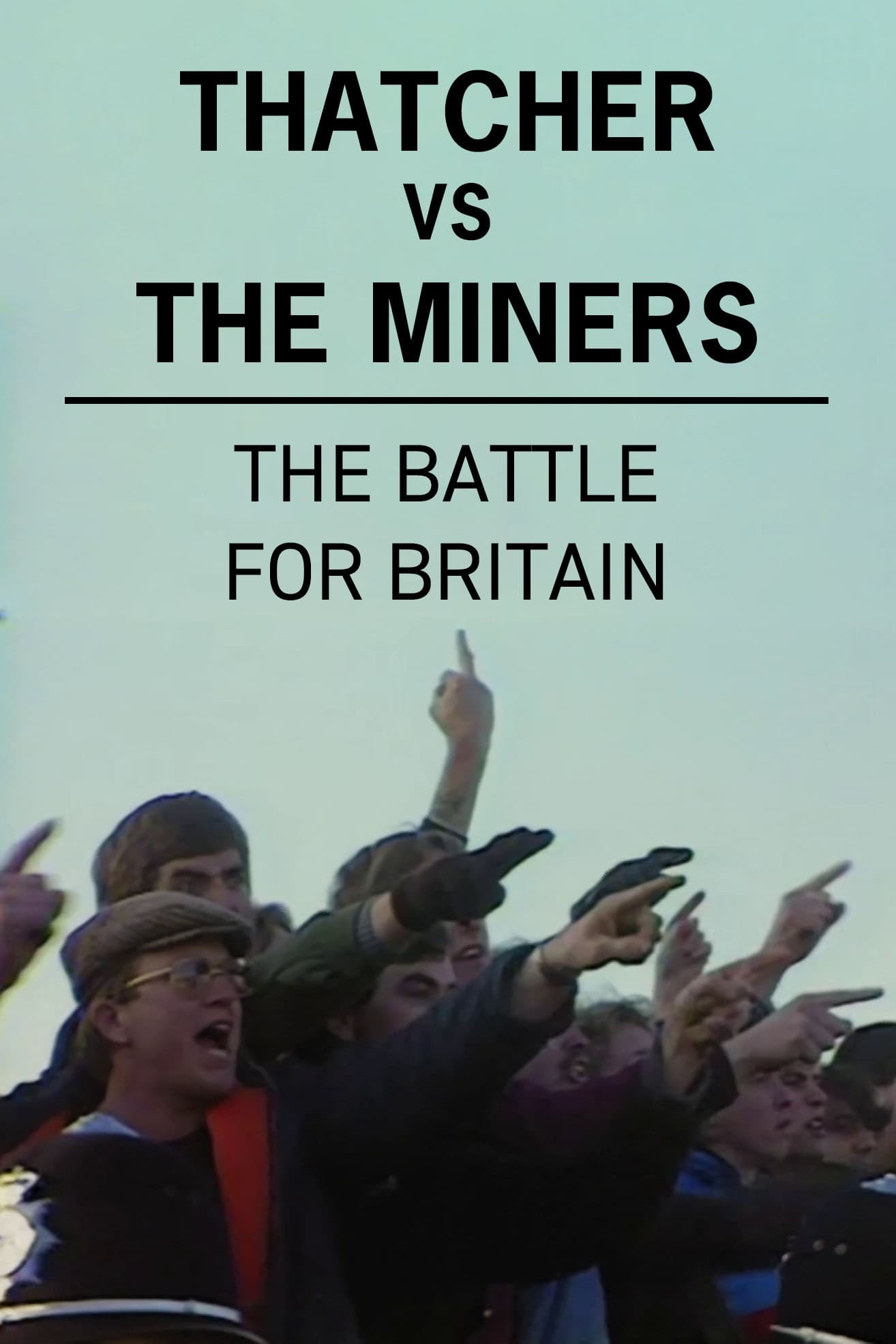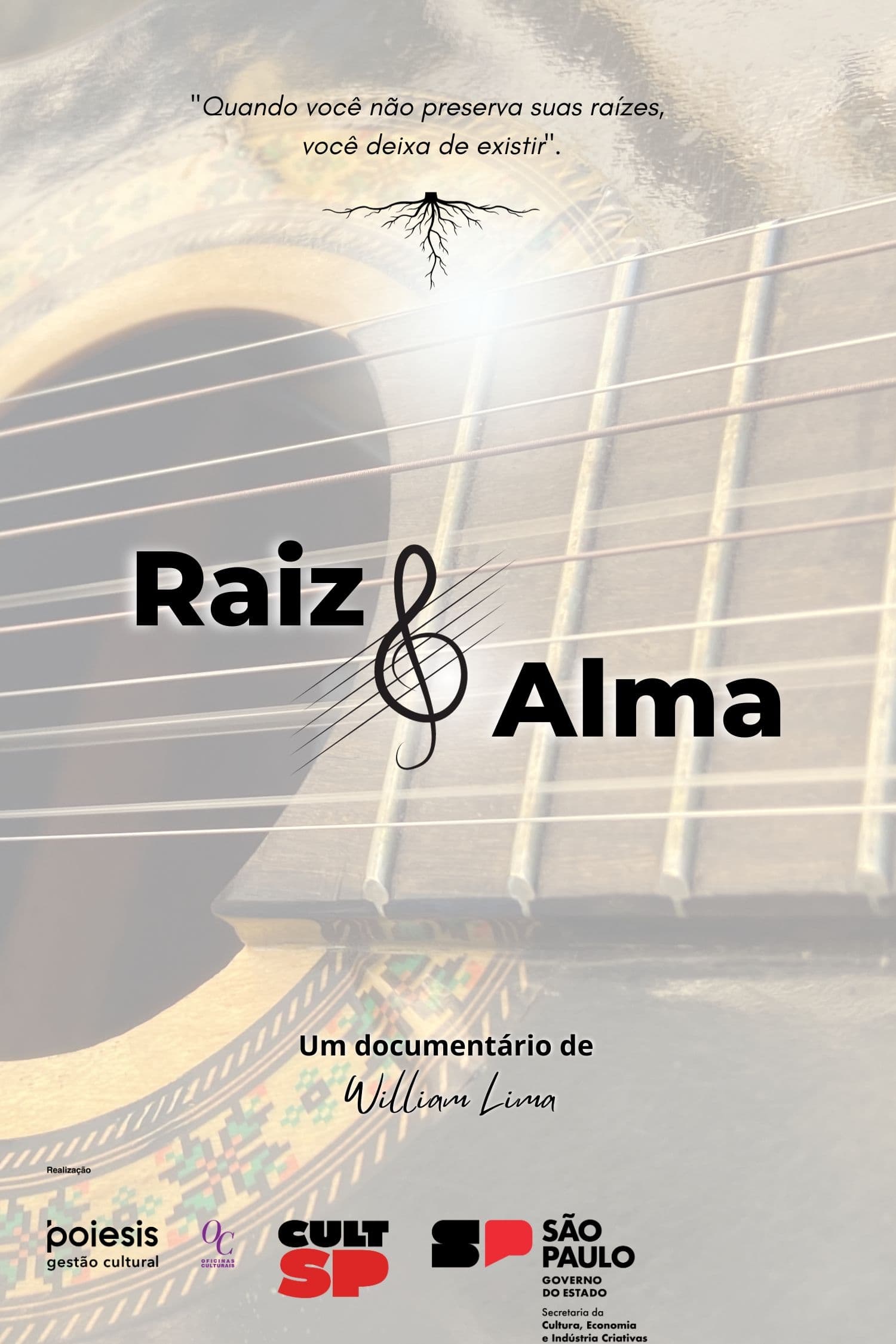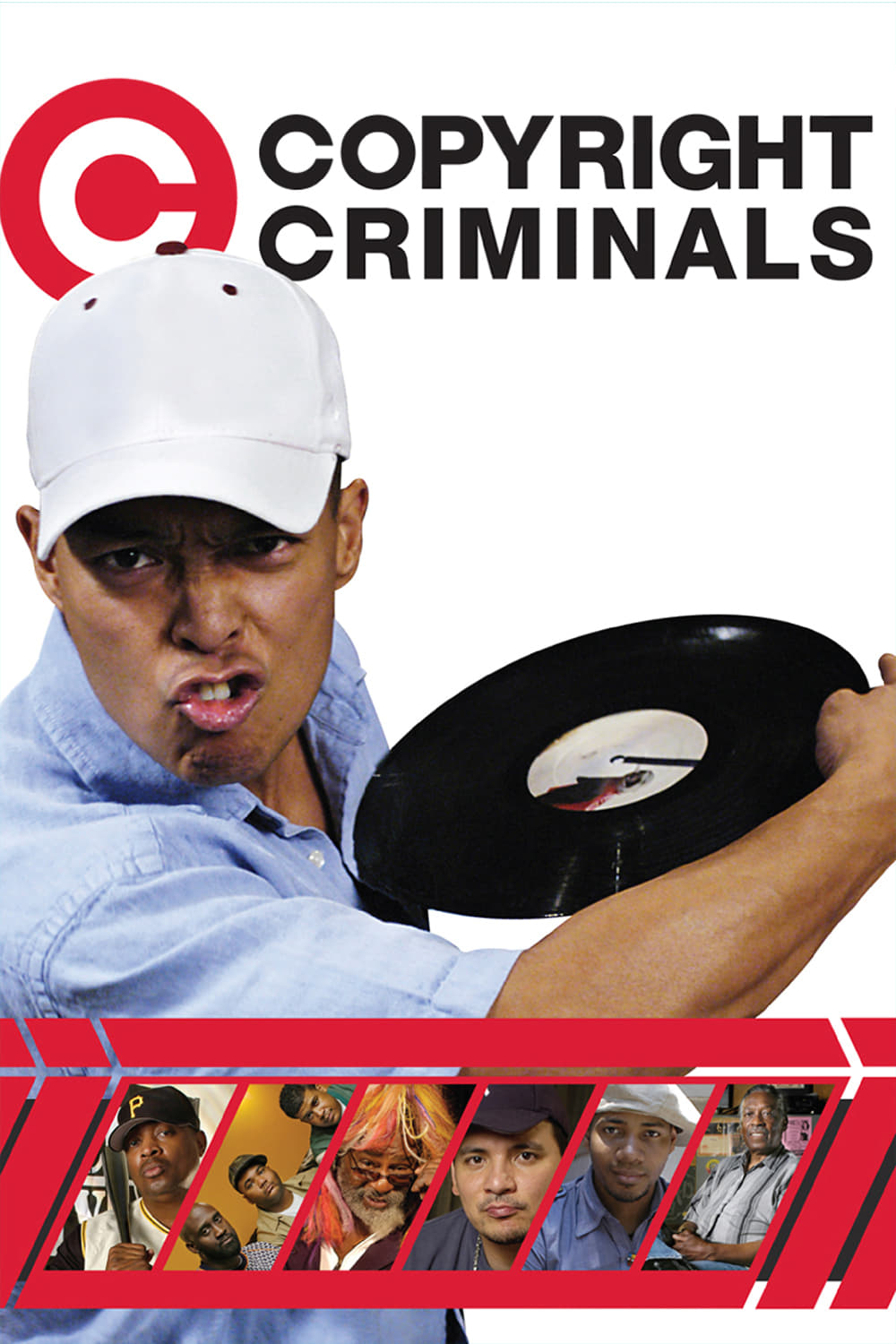O Vozerio
2023
00.0(0 votes)
Documentary
Overview
Links & Resources
Social & External
Cast & Crew
12 members
Acting
Alessandra Araújo
Unknown Role
No Image
Acting
Flora Paulita
Unknown Role

Acting
Sumára Louise
Unknown Role
No Image
Acting
Nelson Machado
Unknown Role
No Image
Acting
Márcio Seixas
Unknown Role
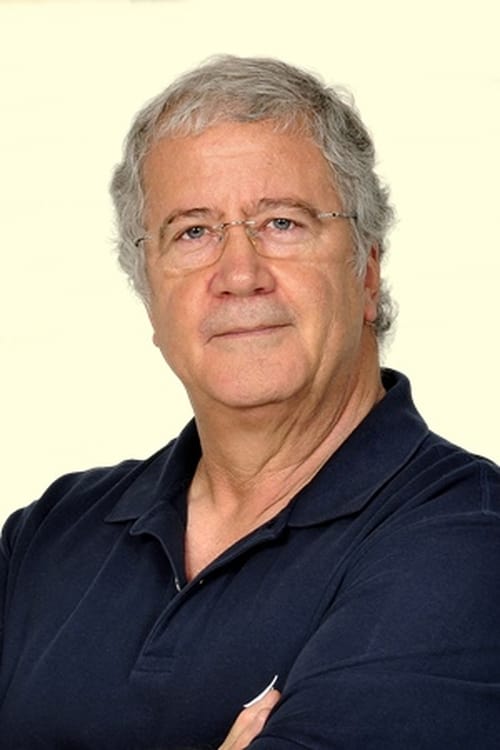
Acting
Flávio Dias
Unknown Role
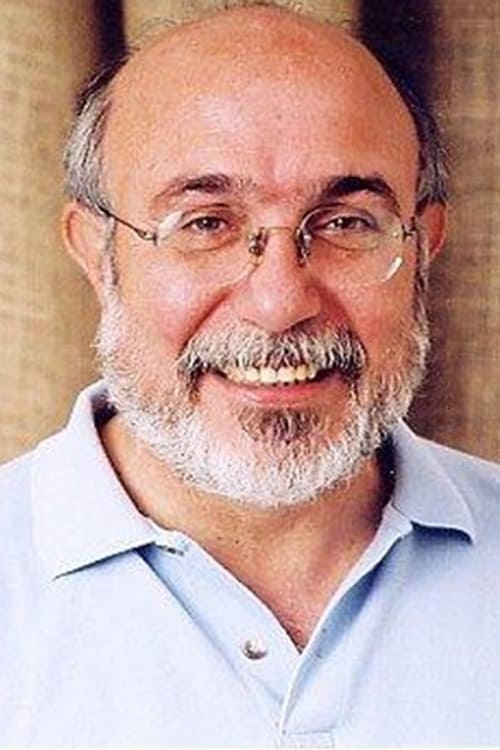
Acting
Maíra Góes
Unknown Role

Acting
Marli Bortoletto
Unknown Role

Acting
Sílvio Navas
Unknown Role

Acting
Luiz Carlos Persy
Unknown Role
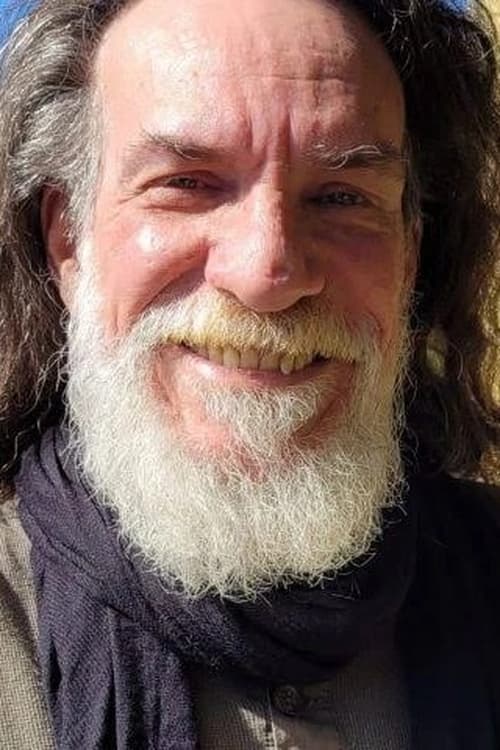
Acting
Priscila Amorim
Unknown Role
No Image
Acting
Antonio Moreno
Unknown Role
No Image
Similar Movies
Recommended Movies

No Recommendations Yet
We're working on finding the perfect movies for you. Check back soon!
More movies coming soon
